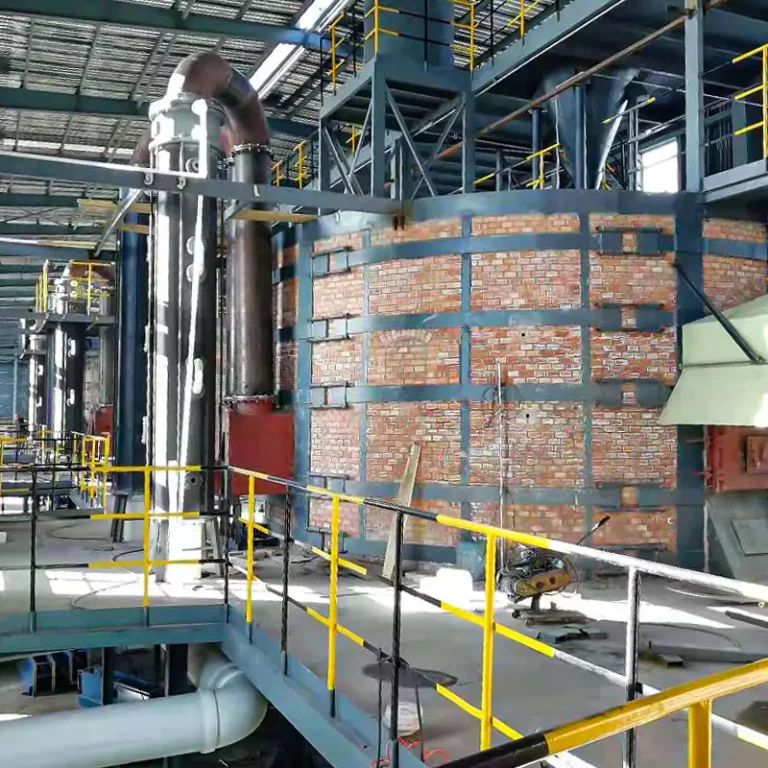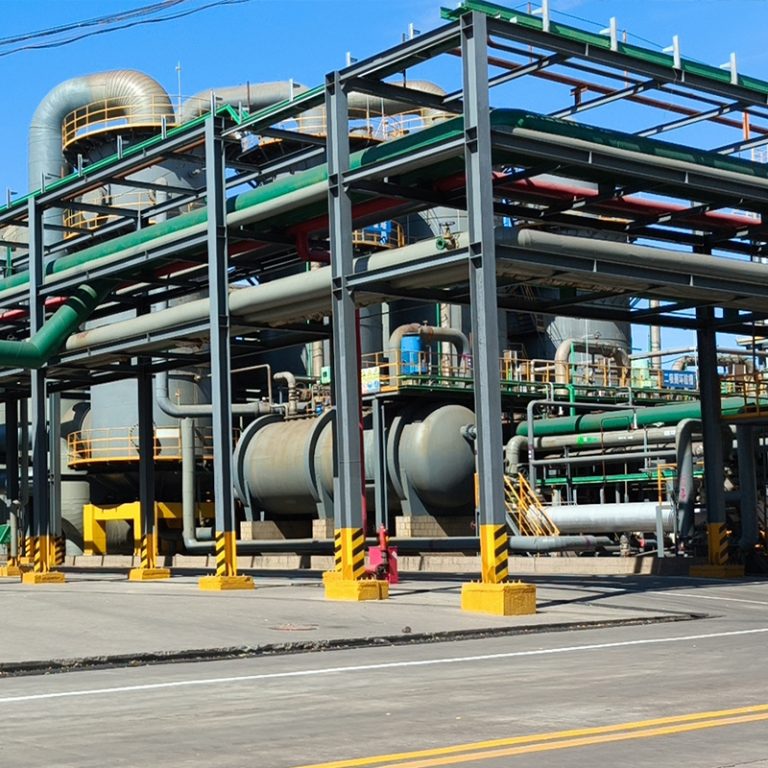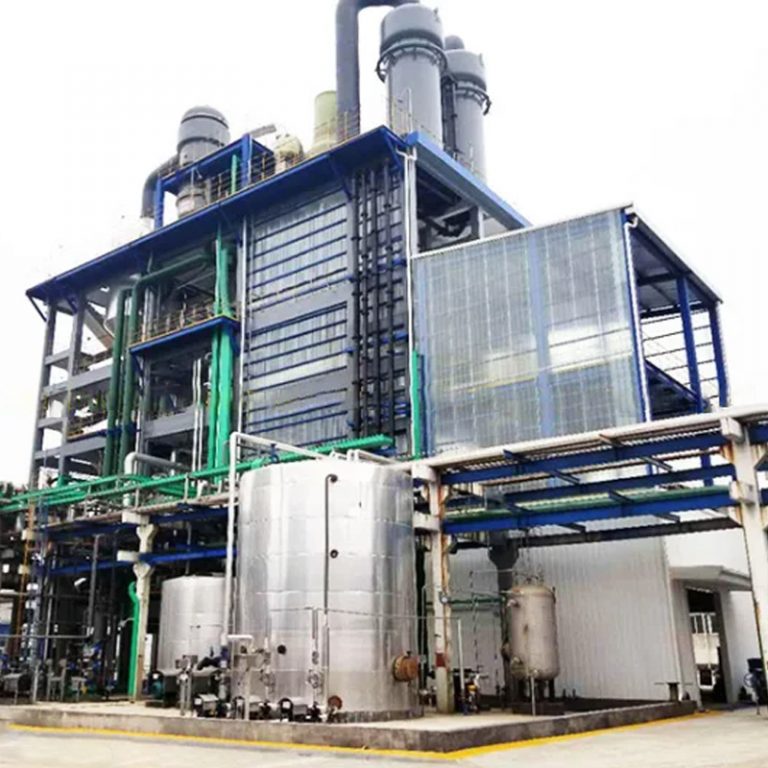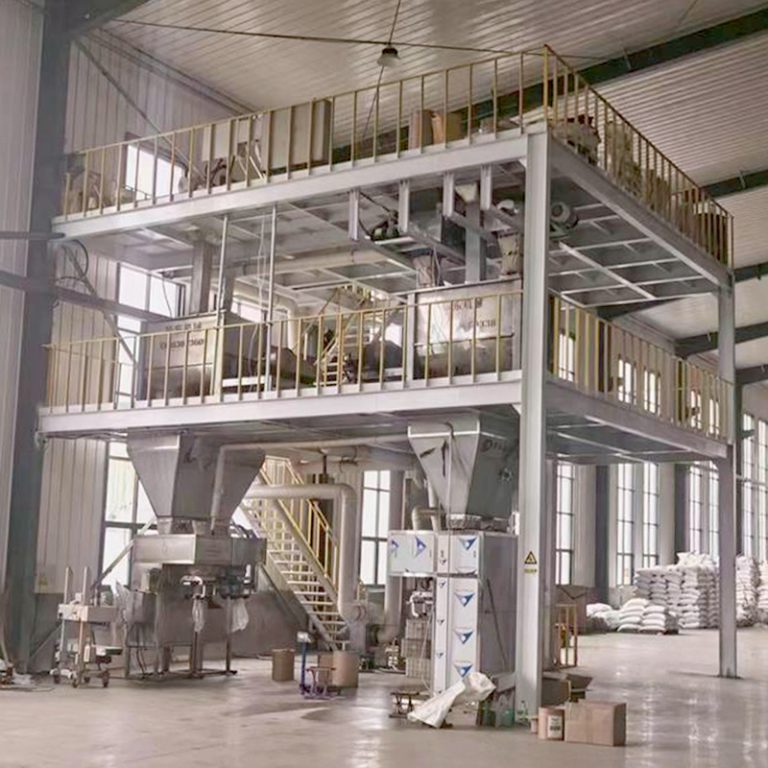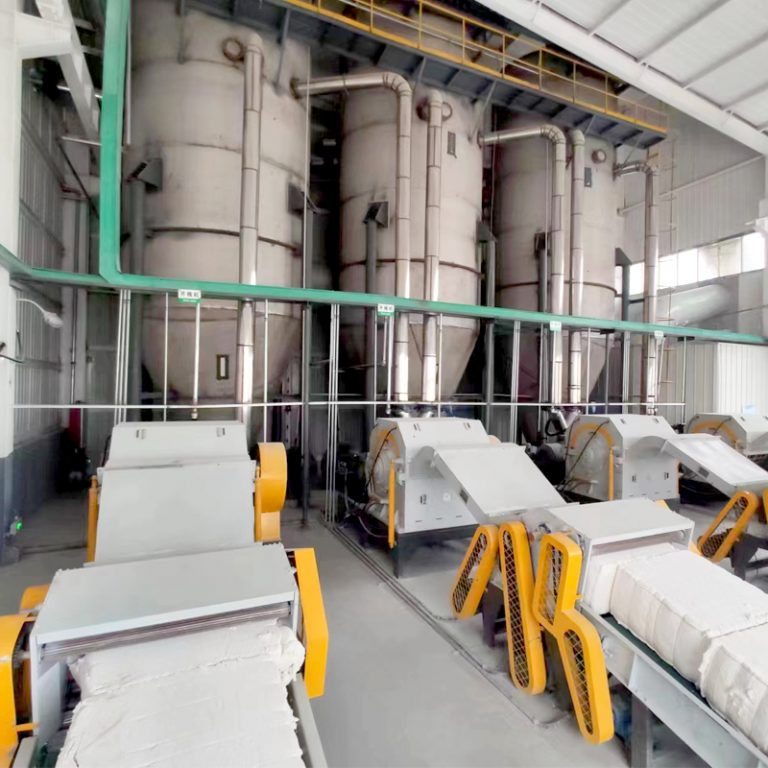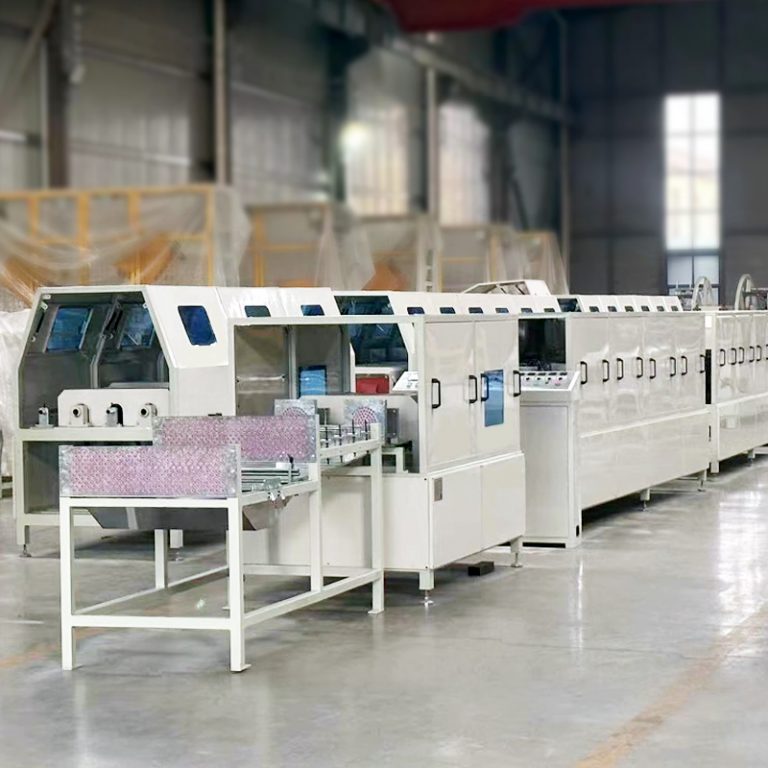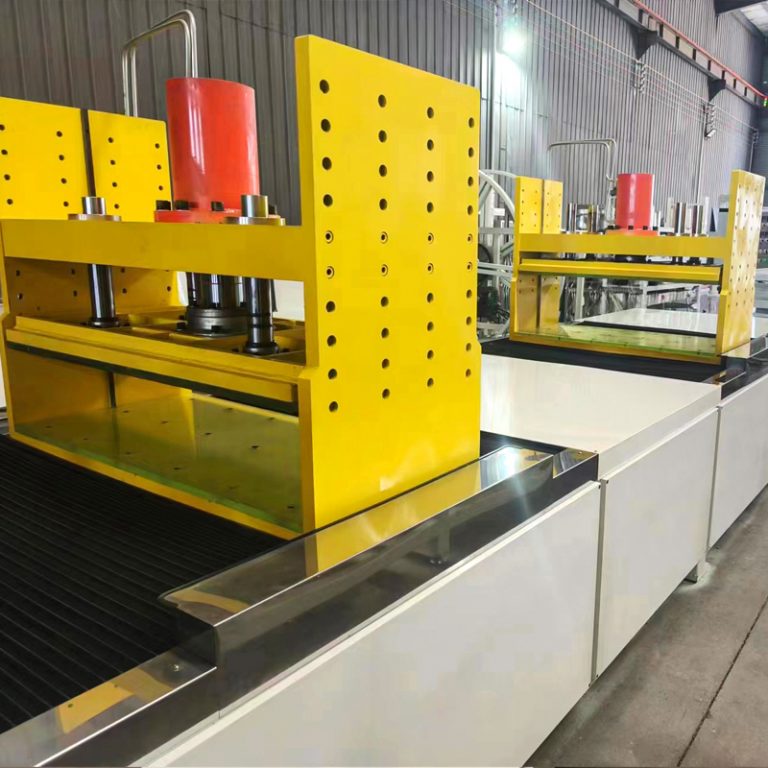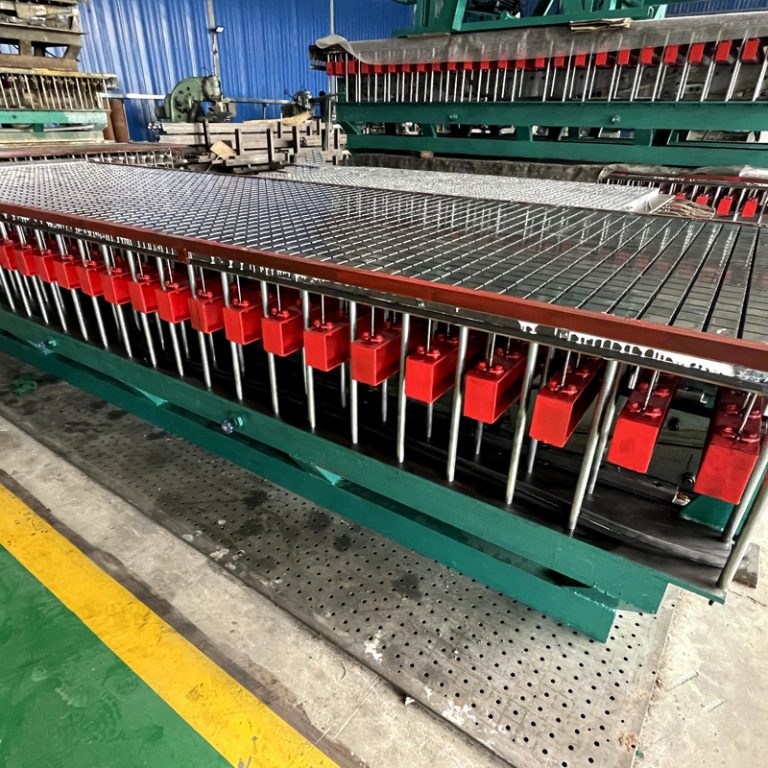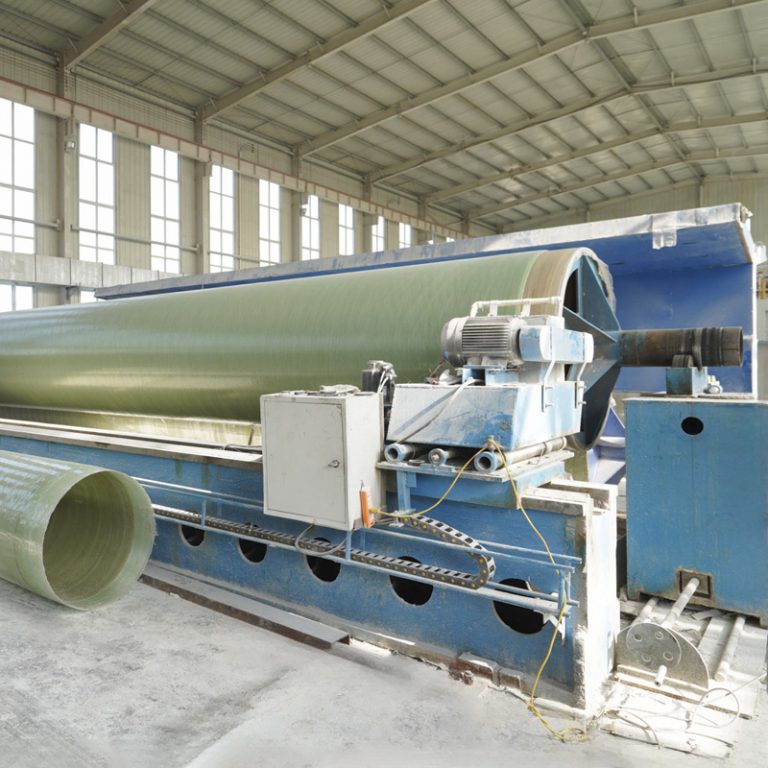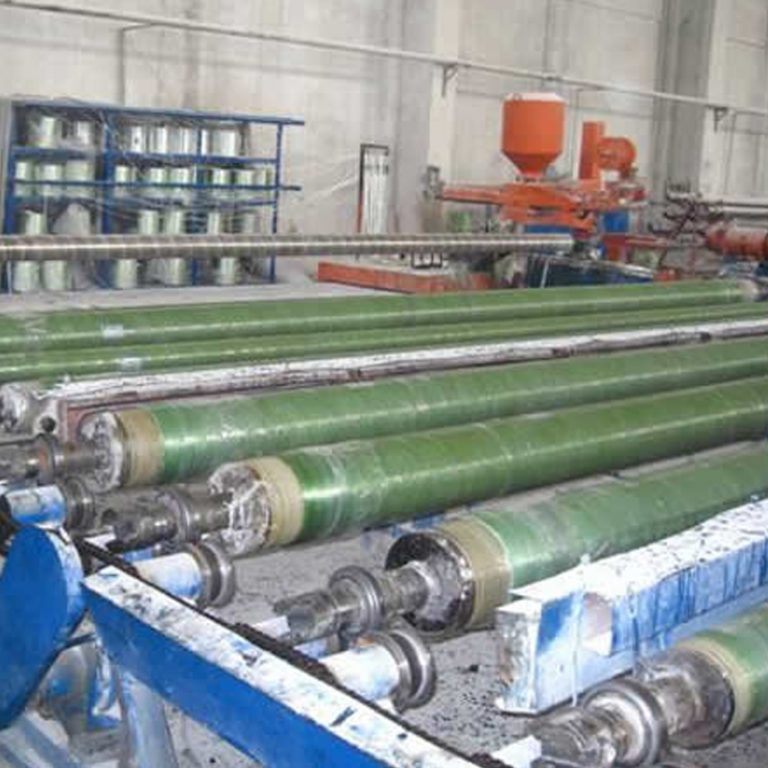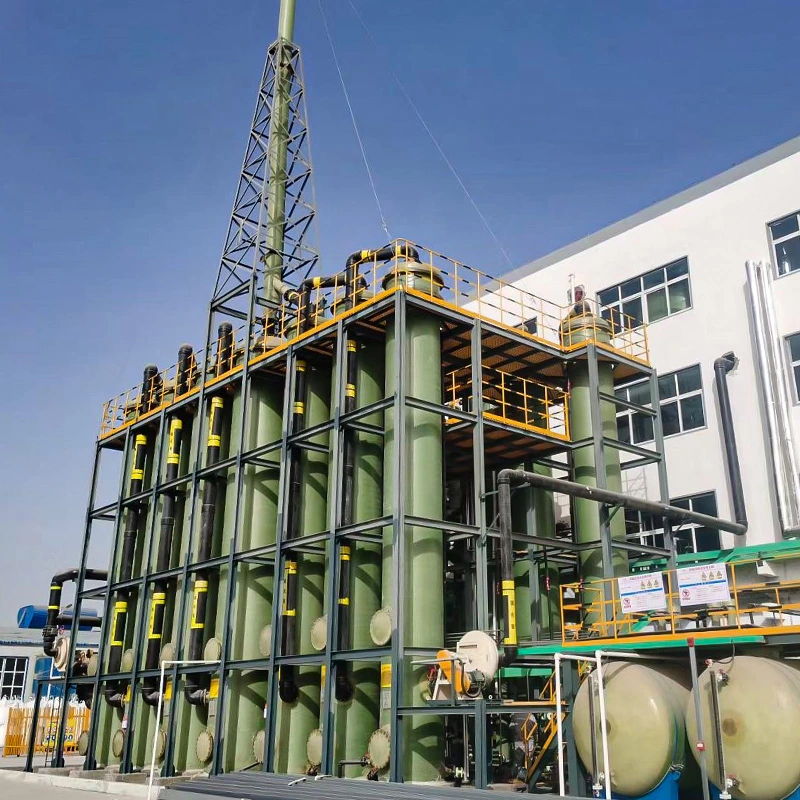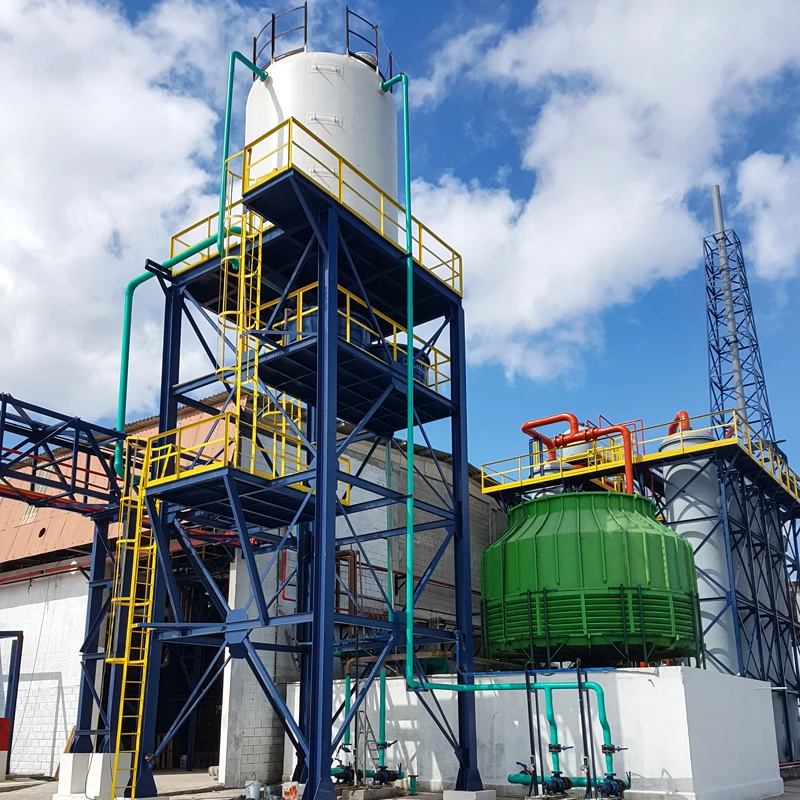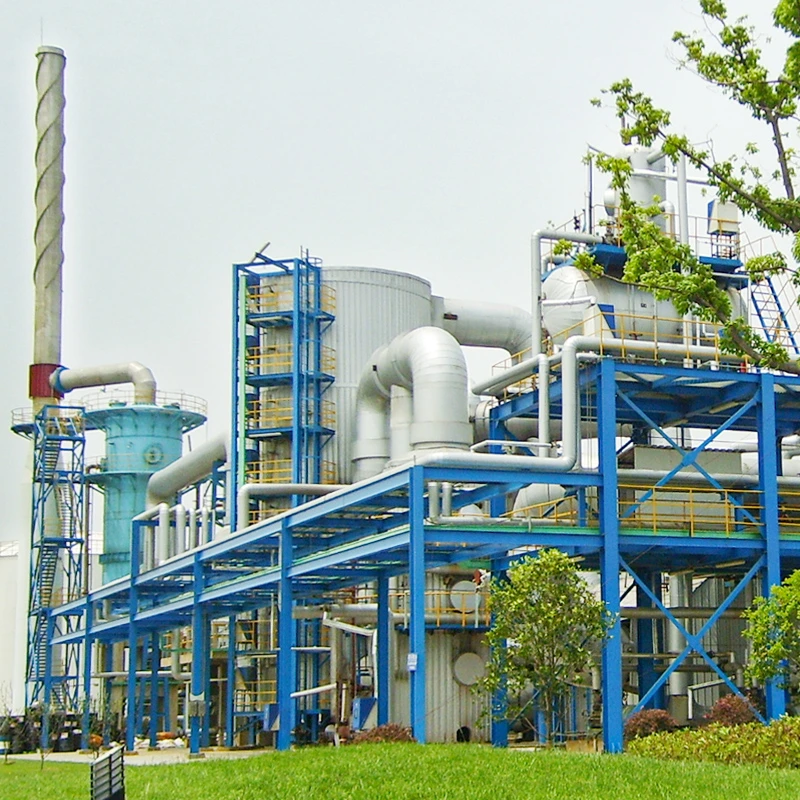Importance of Potassium/Sodium Sulfates
Role in Agriculture and Industry
Potassium sulfate, often known as SOP (Sulfate of Potash), is a big help in farming and many industries because of its fertilizer qualities. It’s prized for giving plants potassium and sulfur nutrients that are key for better growth and bigger harvests. Unlike other fertilizers, it doesn’t dump chloride into the soil. This special quality makes it perfect for crops like tobacco, fruits, and vegetables that don’t handle chloride well.
Potassium sulfate isn’t just for farms. It’s also used in industries for things like making glass, creating dyes, and even in medicines. Meanwhile, sodium sulfate goes into detergents. It’s also useful in paper-making and textile work. Both compounds matter a lot because their chemical features improve stuff across all kinds of areas.
Global Demand Trends
The demand for potassium sulfate keeps growing steadily as farming gets more attention. With the world’s population booming, farmers feel the push to grow more crops while keeping soil healthy.
Plus, sodium sulfate’s use in industries is picking up thanks to better ways of making things. The global market is climbing due to smart ideas and the need for good production tricks.
Key Processes in Potassium Sulfate Manufacturing
Raw Materials and Their Selection
Making potassium sulfate mostly starts with two things: potassium chloride (called KCl) and sulfuric acid (known as H₂SO₄). In the Mannheim process, these get tossed into a muffle furnace heated past 600ºC right in the middle. How well this works and how good the final stuff turns out depends a lot on the quality of what you use.
Picking the right raw materials is super important for getting the best reactions in the furnace. For instance, top-notch potassium chloride cuts down on junk that could mess up the product or hurt the gear over time.
Core Steps in the Production Line
The Mannheim method is a popular way to make potassium sulfate. It mixes potassium chloride and sulfuric acid at high heat in two steps:
- Formation of Potassium Bisulfate:Potassium chloride teams up with sulfuric acid to make a middle-step compound.
- Production of Potassium Sulfate:That compound heats up more and breaks down into potassium sulfate with hydrochloric acid popping out as a side product.
This method supplies about half the world’s SOP. It’s pricey because of the costs tied to it, but new tech has made it use less energy and waste less.
Advancements in Sustainable Production Techniques
Energy-Efficient Technologies
To fix problems and lower production costs, makers have found energy-saving ways to produce potassium sulfate better. For example, new furnace designs heat everything evenly and get solid reactions without using much power.
Also, automation tools like PLC (Programmable Logic Controller) systems are now part of production lines. They tweak the mix of materials and watch things as they go, saving tons of energy and keeping quality steady.
Waste Reduction Strategies
The chemical industry is all about sustainability these days. Modern potassium sulfate plants use waste systems to reuse byproducts like hydrochloric acid (HCl). This keeps them in line with eco-rules and makes things run smoother.
And about using materials to build tougher gear? Take corrosion-resistant parts, for example. They make equipment last longer and cut down on waste during production. By going green like this, companies like Aoliande help the planet without slowing down work.
Environmental Benefits of Sustainable Practices
Minimizing Carbon Footprint
Using green methods is key to cutting the harm industries do to nature. Energy-saving fixes help slash greenhouse gas emissions a bunch. For example, better furnace designs in potassium sulfate production heat evenly and work well with less energy. This boosts efficiency and backs global efforts to tackle climate change.
Also, adding waste recovery into production helps sustainability too. Plants that reuse leftovers like hydrochloric acid (HCl) in potassium sulfate making show how it’s done. This fits eco-standards and cuts waste. These steps make sure resources get used smartly, shrinking the overall impact on nature.
Reducing Resource Consumption
One perk of green methods is using less stuff. By making the most of materials and adding smart tech, companies can churn out great products with fewer resources. Take Hebei Aoliande Chemical Equipment Company, for instance. They use strong materials in key parts of their potassium sulfate fertilizer machines to make them last longer. This means fewer replacements and less waste.
Plus, automation systems like PLCs tweak material ratios on the go. This leads to smarter use of raw stuff like potassium chloride and sulfuric acid. These ideas not only boost sustainability but also make production cheaper and smoother.
Aoliande: Innovating for a Sustainable Future
Overview of Aoliande’s Solutions
Aoliande is a top player in green solutions for chemical production. They focus on building slick machines for all sorts of industries, like potassium/sodium sulfate production lines using the Mannheim process. These smart systems perform great while sticking to tough eco-rules.
A cool thing about Aoliande’s potassium sulfate setup is how it tackles common production headaches. They’ve upgraded Mannheim furnaces with better builds and materials for even heating and full reactions with less energy. Plus, their hydrochloric acid absorption systems use new materials and tech to work better and ease eco-worries.
Aoliande cares about customers too. They offer tons of help at every step from advice to setup, making sure their solutions fit right in.
Other Products Offered by Aoliande
Aoliande isn’t just about potassium sulfate gear. They also make other chemical production lines like:
- Hydroxypropyl Methylcellulose Production Line:Famous for making top-quality cellulose ethers used in building and meds.
- Calcium Chloride Production Line:Built for smooth production of calcium chloride for things like de-icing and dust control.
- Water-Soluble Fertilizer Production Line:Made to whip up nutrient-packed fertilizers for green farming.
- FRP Equipment:Includes FRP pipe filament winding machines, FRP tanks, molded grating machines, pultrusion machines, and rebar machines.
Aoliande’s drive for new ideas and sustainability shows in everything they make, offering fixes that fit all kinds of industry needs.
FAQ
Q: What is the prominent process of the production of potassium sulfate?
A: The most common process of potassium sulfate manufacturing is the Mannheim process, which involves reaction between sulfuric acid and potassium chloride at a high temperature.
Q: What is the reason that potassium sulfate is applied in lieu of alternative fertilizers?
A: Potassium sulfate is not going to add chloride in the soil. This is because it is best suited for using on chloride-sensitive plants like fruits and vegetables.
Q: How do manufacturers become sustainable in manufacturing?
A: Manufacturers use energy-efficient technologies like improved furnace design and waste heat recovery systems to minimize environmental impact.
Q: What are the industrial applications of sodium sulfate?
A: Due to its chemical composition, sodium sulfate is used in detergents, paper manufacturing, textiles, and glass production.
Q: Can customers visit manufacturing factories?
A: Yes, companies like Aoliande, offer factory visits for educational purposes.
For inquiries or more information about our potassium sulfate machine or related equipment:WhatsApp: +86-13363884492, Email: belen@aldfrp.com








